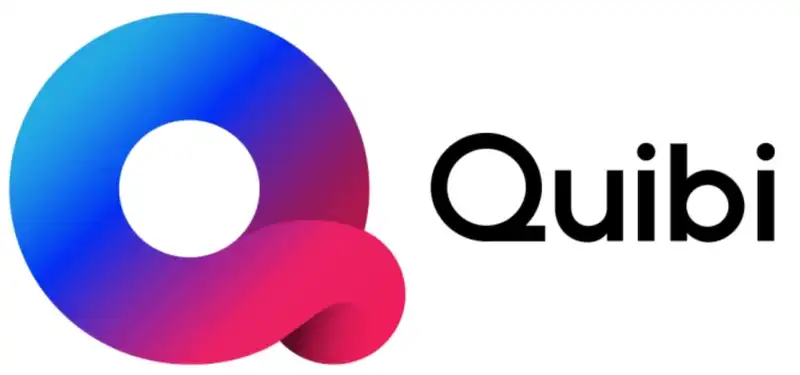Oct 22, 2020
QuiBYE Jeffrey Katzenberg's QuiBYE dissolves after six months
The story of Quibi, a streaming platform dedicated to short-form content, has cut itself short. Just six months after its launch, the service had to be shut down after subscriber growth fell far short of expectations.
Quibi, which had raised an impressive $1.75 billion from Disney, Viacom, major banks, and all the Hollywood studios, reportedly plans to return the remaining $350 million to investors More than 200 employees have lost their jobs and dozens of programs from production partners are in limbo. Dozens of programs will be left in limbo. [According to the Wall Street Journal, the company had hoped to have 7.4 million paying subscribers in its first year. Currently, the company has about 500,000 subscribers.
Founder Jeffrey Katzenberg and CEO Meg Whitman wrote in a Medium post. "We started with the idea of creating the next generation of storytelling, and thanks to you, we've been able to create and deliver the best version of Quibi we could have imagined. So it is with an incredibly heavy heart that we announce today that we are winding down our operations and looking to sell our content and technology assets."
.
Quibi debuted in April with a simple sales pitch. It was to package unscripted and unscripted content in 10-minute chunks or less for viewers to consume on the go, such as while commuting to work or waiting for takeout. The well-connected Katzenberg, co-founder of DreamWorks and former chairman of Walt Disney Studios, enlisted the participation of prominent directors and celebrities, including Steven Spielberg, Guillermo del Toro, and LeBron James.
Still, Quibi's premise was questionable from the start. Many wondered whether the company, which charges $5 per month (with ads) or $8 per month (without ads), could compete with free platforms like Youtube and Tiktok. Once the service was launched, the flagship show was not well received, with users complaining that it could only be used on cell phones. Katzenberg was portrayed as out of touch with the millennial audience he was targeting.
Then there was Covid. The pandemic hit the U.S. weeks before Quibi's launch, effectively wiping out its target market of people on the go. In May, already underperforming, Katzenberg told the New York Times: "Everything that went wrong was the fault of the coronavirus."
The company's founder, Dr. John H. Burns, was a former CEO of the company, and he was a member of the board of directors of the company.
The founders' post on Medium is more nuanced: "Quibi has not been successful. Perhaps one of two reasons: either the idea itself was not strong enough to justify a stand-alone streaming service, or our timing. Unfortunately, we don't know, but we suspect it was a combination of the two."
Quibi's demise was foreshadowed last month when reports emerged that Katzenberg was looking to sell first the entire company and then only a block of shows; Quibi does not own the shows but will have the rights to them after seven years and then return to their creators. Facebook and NBCUniversal have reportedly passed on Quibi's content, but the founders have said they will continue to look for a buyer.
Quibi's content includes many animated shows. These include the stop-motion series "Gloop World" by Justin Roland, co-creator of "Rick and Morty," and the superhero series "Trill League," executive produced by rapper 50 Cent. Your Daily Horoscope" is an adult horoscope series featuring the 12 millennial zodiac animals. It remains to be seen if the creators can repackage these shows into a more conventional format and bring them elsewhere.




Post your comment